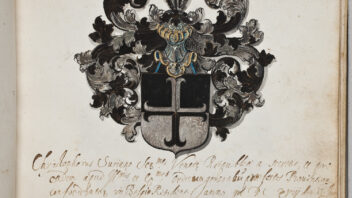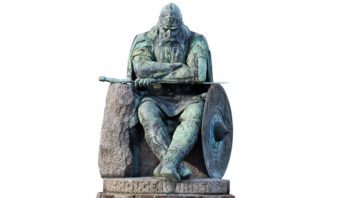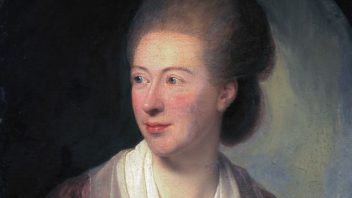Diplomatic Witnesses Online
Dozens of former Foreign Affairs diplomats record their memories of major events of the last 30 years in unique digital collection of the Huygens Institute.
Amsterdam, 6 December 2023 – Researcher Cees Heere of the Huygens Institute collected the recollections of forty former diplomats and foreign affairs policy staff in the Diplomatic Testimonies since 2021 project. This new digital collection of ninety interviews on far-reaching events on the world stage over the last 30 years will now be fully searchable online at https://diplomatieke-getuigenissen.huygens.knaw.nl/ (all in Dutch).
The result of the project is an extraordinary collection of primary sources. It provides researchers with unique insights into the formation and implementation of Dutch foreign policy after the fall of the Berlin Wall. The sharp ideological divisions during the Cold War faded and a period dawned in which the Netherlands had to adjust its goals again and again. The interviews also show that many topics have lost none of their topicality.
The floor is given to Marjanne de Kwaasteniet, for instance. She was the Permanent Representative to NATO during the Russian annexation of Crimea. Susan Blankhart, as ambassador to Egypt, witnessed the Arab Spring. She describes the confusion created by the sudden revolution. Jaap Ramaker was deputy ambassador to Moscow during the 1991 coup. And Kees van Rij was ambassador to Greece during the Euro crisis and ambassador to Turkey during the attempted coup, among other things.
The witness accounts bring nuances to our picture of Foreign Affairs policy over the past 30 years. The accounts paint a picture of how European cooperation developed, and how Atlantic cooperation remained central to Dutch security policy – even when it came under pressure. And how new themes emerged on the political agenda, from terrorism to climate change and migration.
The collection is also special because of the techniques applied and how results are presented. By applying speech recognition technologies, the Digital Infrastructure Department of the KNAW Humanities Cluster made all interviews integrally searchable. The search results are provided with a transcribed text, allowing you not only to listen to each excerpt, but also to read along at the same time.
Finally, the Huygens Institute’s Data Management department supported the project by developing automatic processes to recognise (for instance) personal and place names. This also allows researchers to immediately link the digital fragments to other databases and thus enrich existing digital information, for example.
The project was funded by the Ministry of Foreign Affairs.




